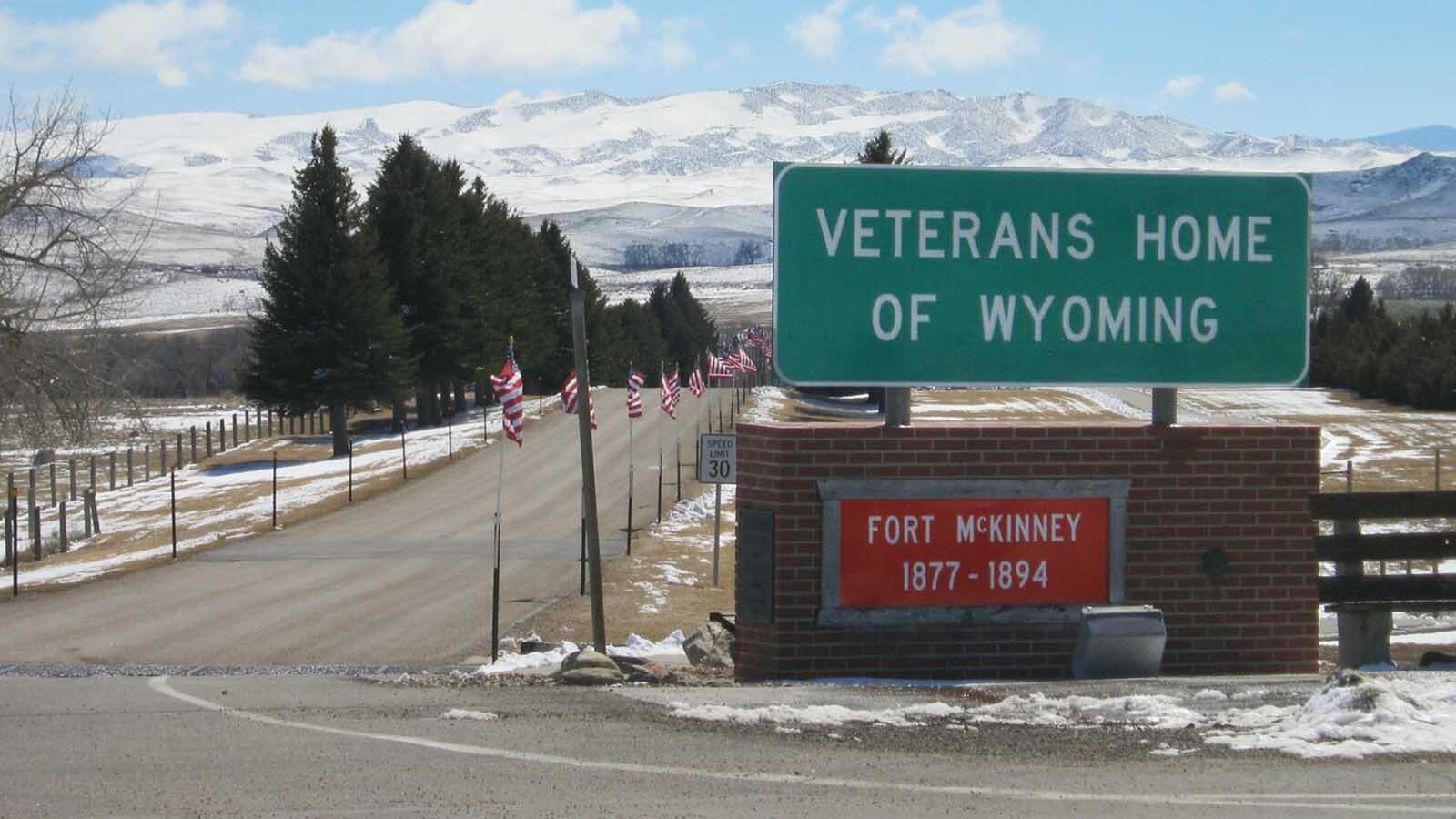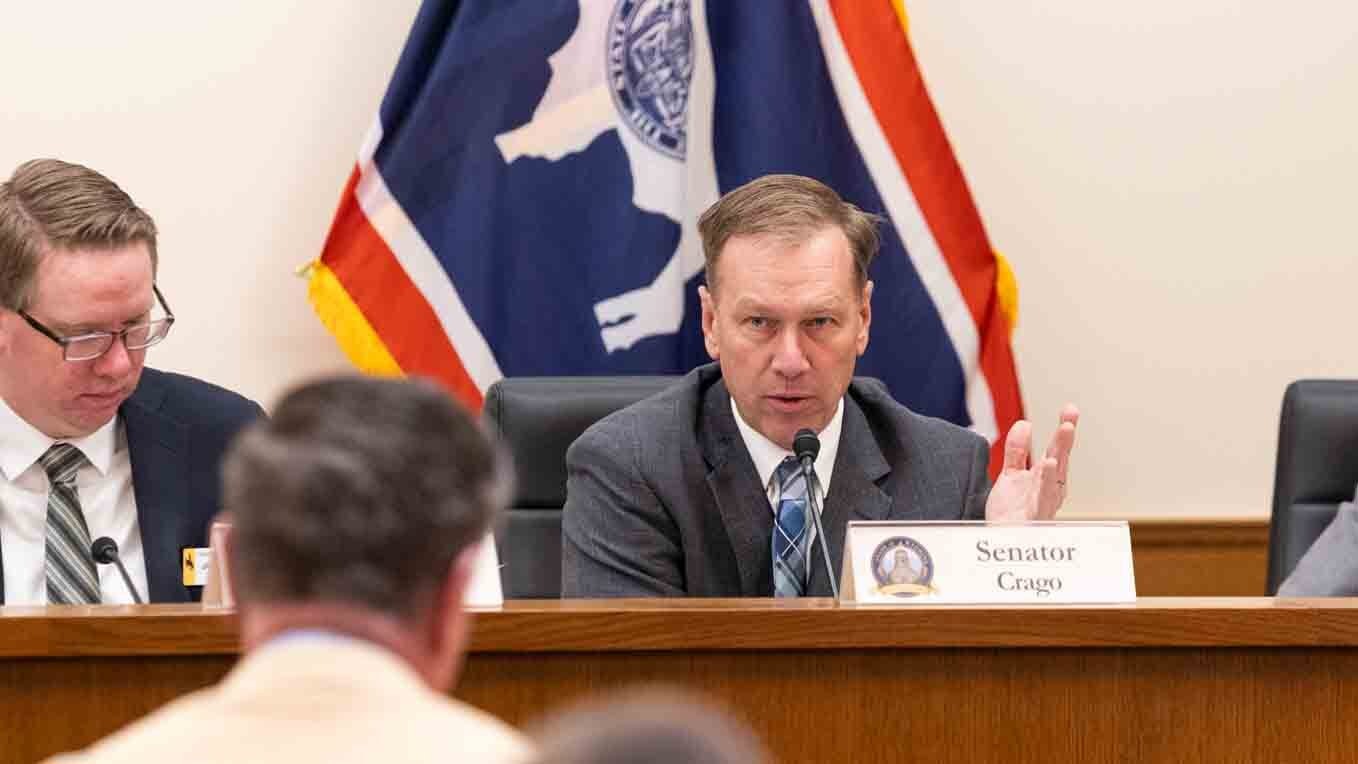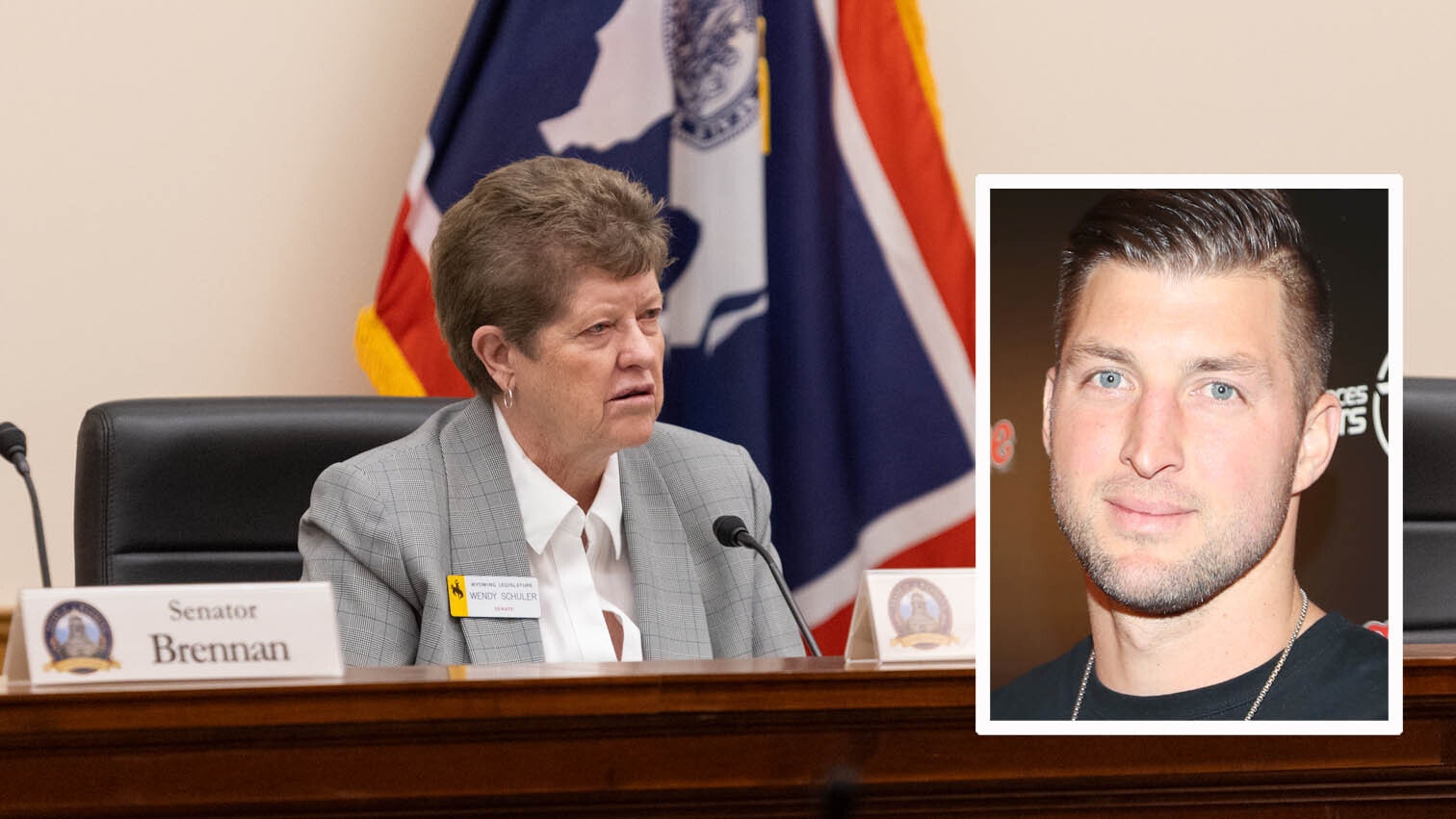Brett Moline knows firsthand the complications that come with mineral rights on family ranches.
The policy advocacy director for the Wyoming Farm Bureau has been sorting through decades-old paperwork on his family's ranch near Aladdin in northeastern Wyoming, trying to piece together a puzzle that spans generations.
"We found out that grandpa leased out some of the minerals in the 1950s," Moline told Cowboy State Daily. "It was just something that we didn't know that grandpa did. We weren't around. It wasn't something you talked about."
Moline was among those who spoke this week before the Joint Judiciary Committee of the Wyoming Legislature during a hearing in Casper to discuss draft legislation that would create a mechanism for transferring abandoned mineral rights to current surface owners.
This scenario plays out across Wyoming, where mineral rights have been carved up, sold off and passed down through families for more than a century, often leaving current landowners in the dark about who actually owns what lies beneath their property.
“It gives the surface owner more standing. The way it sits right now, if they can’t find the owner of those mineral rights, the money goes to the state as abandoned property,” said Moline. “Instead of the state hanging onto them, I’d rather see that money get into the hands of the people and circulate into the economy. I’d rather have it in private hands.”
Split Estate
Moline described the various ways mineral ownership has evolved since homesteading began.
"Some surface owners own all the minerals that came with the land when it was homesteaded, and that estate has never been severed," he explained. "Some of them still have them, some of them in times of despair, like the 1930s, they sold them off to try to keep the surface."
The complications multiply across generations.
"Say great-great-grandpa had some children and one of them got the land, but for all of them, he separated the minerals off and he gave a share to each one of his five kids," Moline said. "As those people pass away, sometimes you can’t trace it out.”
During Tuesday’s hearing, lawmakers heard testimony about the draft legislation that would require proper legal notice before transferring abandoned mineral rights to surface owners.
The exchange between Rep. Jayme Lien, R-Casper, and Joe Sylvester, a representative of Bentonite clay manufacturer Wyo-Ben, highlighted a key policy question.
Lien asked, "Why push ownership to the landowner and not the state, as they do with other abandoned property?"
Sylvester, natural resource and government affairs manager for the bentonite mining company, responded that while the law could direct a percentage of mineral rights to state or local governments, but "as the bill is drafted now, it's really aimed at turning over all mineral rights to surface rights holder."
Sharing his experience as a landlord who used to have a rental property in Greybull, Sylvester said there are already statutes that revert ownership of property abandoned by tenants when they move out.
“I had someone just pack their suitcase and left everything in the house,” said Sylvester. “Well, it went to storage for quite a while until I was able to get rid of it. But there are statutes out there for that. There are statutes for unclaimed property by businesses, stocks, insurance money, escrow accounts, as well as the abandoned vehicles.”
But there’s nothing in Wyoming law clearly protecting the private property rights of current owners when it comes to abandoned mineral claims.
“Wyoming has not decided to at least address this until today,” said Sylvester. “This gives the layman an opportunity to be able to follow a process to get the minerals transferred over to them on abandoned property.”
Working Draft
The draft legislation is modeled after a similar measure in North Dakota and still needs a lot of work, according to Tuesday’s testimony.
Travis Deti, executive director of the Wyoming Mining Association, emphasized the collaborative approach being taken.
"We have met with other stakeholders, the Stock Growers Association, Farm Bureau, the bankers association, petroleum association to discuss the draft bill," he said during testimony.
Deti acknowledged the sensitivity of the issue.
“We've touched a third rail in Wyoming politics when you deal with split estates, and the lawyers start coming out of the woodwork,” he said.
The Wyoming Mining Association is coordinating a working group ahead of the committee's next meeting in Cheyenne on Oct. 13.
"This is nothing we want to ram through or rush and bring a good solid bill at the appropriate time," Deti said.
Jim Magagna, executive vice president of the Wyoming Stock Growers Association, provided historical context for the legislation.
"Most of the parcels that involve these split mineral interests were lands that were homesteaded over 150 years ago and the minerals were an integral part of the surface in that homesteading," he explained.
Magagna argued that returning mineral rights to surface owners makes sense given their origins.
"One of the justifications for that is that's where those originated. They were held by a surface owner at some point in time in nearly every case," he said. "Because split estate is always a challenge for us to the extent that this can help us to reduce the amount of split estate in some instances that can also just benefit the state by facilitating the management of our resources both surface and subsurface."
David Madison can be reached at david@cowboystatedaily.com.





